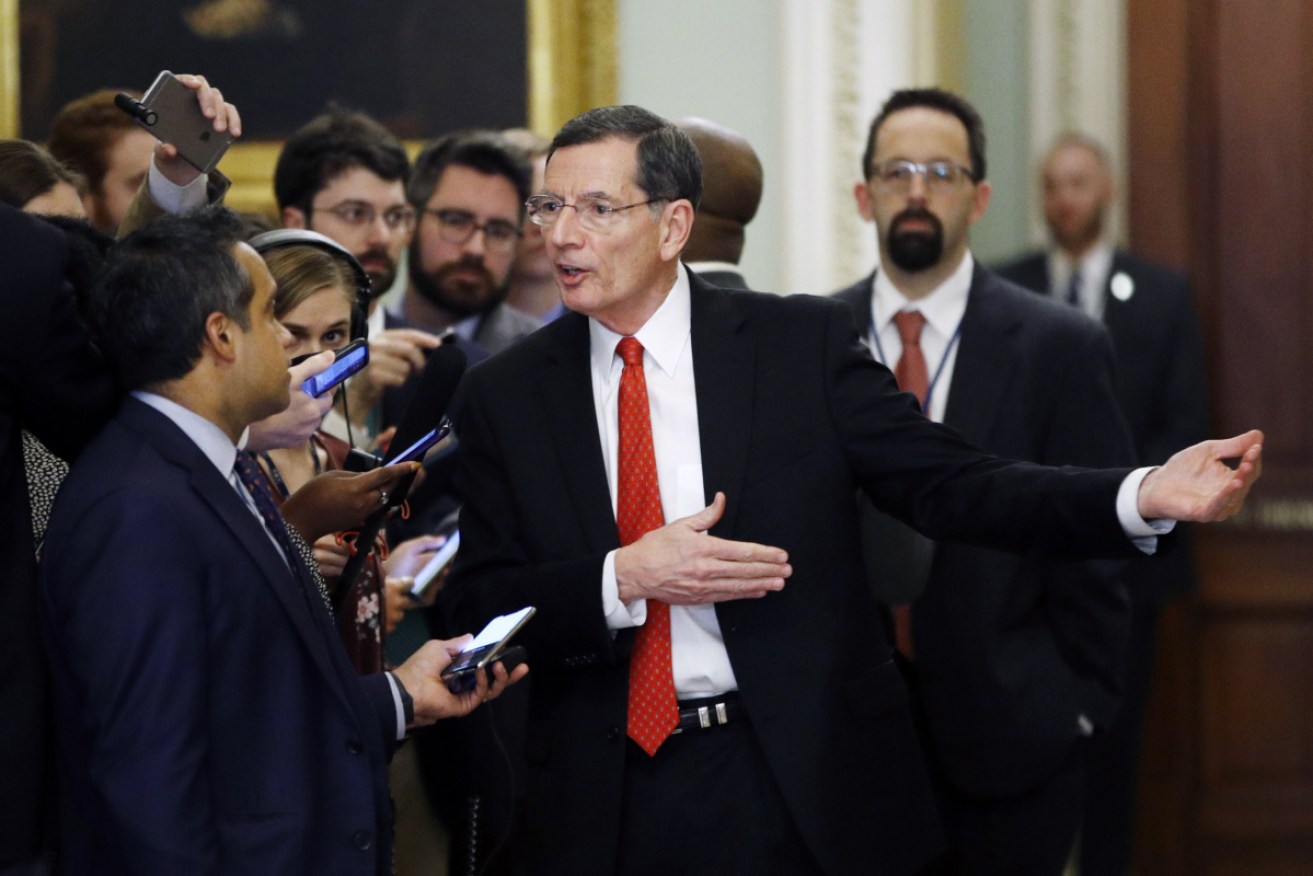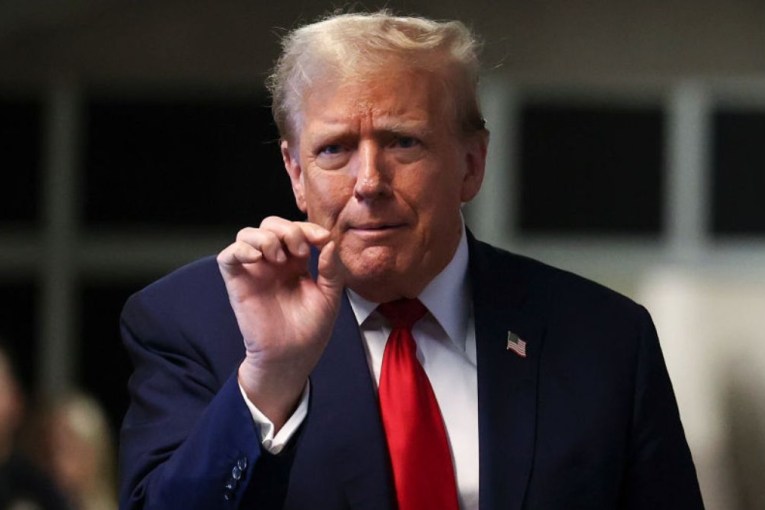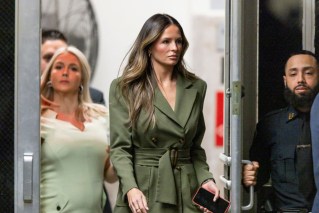Push for early end to Trump trial as Democrats lose momentum


Senator Barrasso during a break in the Trump trial on Thursday.
Democrat hopes of forcing Republicans to accept witnesses at Donald Trump’s impeachment trial in the US Senate appear to be fading, as it looks increasingly likely the President will be acquitted soon – perhaps as early as Friday.
As senators spent Wednesday (local time) posing questions to both the Trump legal team and the Democrat managers of the trial, the White House objected to the planned publication of a book by former national security adviser John Bolton, in which he is said to have depicted Mr Trump as playing a central role in pressuring Ukraine to investigate Democrat rival Joe Biden.
US Senator John Barrasso, the third most senior Republican, is bullish about the trial ending on Friday without Democrats achieving their goal of having witnesses called to testify.
“The momentum is clearly in the direction of moving to final judgment on Friday. That vote will be Friday,” Senator Barrasso said.
“We still have a couple members who said they want to listen to the answers to questions but that’s where the momentum is.”
Senator Barrasso predicted the vote to settle the debate over witnesses and move to either acquit or convict Mr Trump would likely come on Friday afternoon or later in the day.
Other Republican senators were predicting a similar outcome in conversations with reporters during breaks in the trial on Wednesday.

Democrats appear unlikely to succeed in their push to hear witnesses against Mr Trump.
Photo: AAP
Democrats have sought to persuade at least four Republican senators to vote with them in favour of witnesses to assure a majority vote in the Republican-controlled 100-seat Senate.
The Democrat-led House of Representatives approved the two articles of impeachment in December.
While the Senate is expected to acquit Mr Trump and leave him in office no matter what happens, allowing witnesses such as Mr Bolton could inflict political damage on the President as he seeks re-election on November 3.
Mr Bolton left the White House in September after sharp disagreements with Mr Trump over foreign policy.
The New York Times has reported he wrote in his book that the President told him he wanted to freeze $US391 million ($A579 million) in security aid to Ukraine until Kiev pursued investigations into Democrats, including Mr Biden and the former vice-president’s son, Hunter.
A letter from the White House National Security Council to Mr Bolton’s lawyer said that based on a preliminary review, the manuscript appeared to contain “significant amounts of classified information”.
Some material was deemed top secret and could “cause exceptionally grave harm to the national security”, according to the letter dated January 23.
Mr Bolton’s lawyer, Charles Cooper, said in response that “we do not believe that any of that information could reasonably be considered classified”.
Democrats believe Mr Bolton, a Republican foreign policy hawk, could help them solidify their case against the President and want to call him and a small number of other officials to testify.
….many more mistakes of judgement, gets fired because frankly, if I listened to him, we would be in World War Six by now, and goes out and IMMEDIATELY writes a nasty & untrue book. All Classified National Security. Who would do this?
— Donald J. Trump (@realDonaldTrump) January 29, 2020
Mr Trump’s fellow Republicans in the Senate have resisted the idea of having any witnesses.
Mr Bolton’s allegations go to the heart of the impeachment charges.
Democrats have said Mr Trump abused his power by using the security aid – passed by Congress to help Ukraine battle Russia-backed separatists – as leverage to get a foreign power to smear a political rival.
Mr Trump’s legal team has argued the evidence supporting the charge is based on hearsay. It also asserts Mr Trump did not commit an impeachable offence even if the allegation is true.
A Bolton spokeswoman had no comment on the White House letter. Neither his publisher nor lawyer immediately responded to requests for comment.
-with AAP







